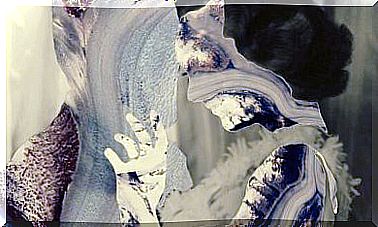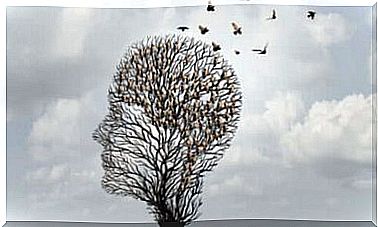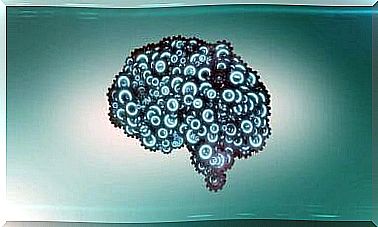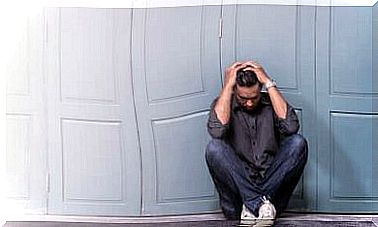The Moral Disconnect And Self-forgiveness

Self-forgiveness can become a complex process. This has a lot of relevance in private life and also in public life (especially within collectives where there are high levels of conflict, or even wars). The absence of self-forgiveness leads to a blockage of emotional life and vital potentialities. This process is often very difficult due to the activation of a mechanism known as “moral disconnect”.
The moral disconnect acts as a kind of veil, a blur to consciousness. What a person did not allow himself to do before, he now sees as permissible. It is a form of self-deception that, on the one hand, opens the way for atrocities, to a greater or lesser extent, and on the other, prevents self-forgiveness.

the moral disconnect
We are not born with defined morals and ethics, we build and develop them according to our society and culture. Thus, we acquire some behavioral principles and norms that allow us to respond to situations guided by values based on our experiences. Their function is to preserve individual and collective well-being.
However, neither this scale of values nor these principles are a permanent reality. Under certain circumstances these things are suspended. When there is a war, for example, ending the life of another human being in favor of one’s own side may be allowed, although outside this type of conflict this attitude is not allowed.
This suspension or break with principles and values makes room for moral disconnection. Returning to the example of war, killing or deceiving others are no longer reprehensible behaviors because, in these circumstances, the previous morals and ethics no longer apply.
The mechanisms of moral disconnect
According to studies on the subject, there are four ways in which moral disconnection can arise. They all have to do with a change of perspective and justify behavior that would otherwise not be tolerated. The four mechanisms of moral disconnect are as follows:
- Diffusion of responsibility. It occurs when a morally reprehensible act is performed with the support of a group. The fact that others act in the same way somehow dilutes individual responsibility.
- Displacement of responsibility. It happens when the responsibility for one’s actions is transferred to the other. When you obey an order, when you avoid a punishment or when you trust the other’s demand, etc.
- Minimization of consequences. It occurs when validation is attributed to the damage inflicted on the other, in order to make what is not lawful.
- Victim vilification. It corresponds to cases in which damages are justified on the basis of an alleged lack of dignity of the person on whom an immoral action is carried out.
self-forgiveness
What does moral disconnect have to do with self-forgiveness? At first, it is impossible to forgive something that is not recognized as a moral error or maladjustment. For self-forgiveness, these mechanisms of justification and minimization need to be suspended. Otherwise it is impossible.
The point is that, in many cases, the aggressor, sooner or later, returns to walking on a moral ground where justice and reason predominate. This is what happens, for example, after a war. If that happens, a kind of emptiness opens up.
Such emptiness can be resolved in different ways. For example, when attitudes are denied, hiding participation in them or adopting a cynical posture. It also happens that remorse takes hold of someone to the point where the person chooses self-harm and self-punishment.

Forgive to move on
There are conflicts after which the moral disconnect cannot exist. The healthy thing in these cases is to create the conditions for self-forgiveness to occur, followed by a reasonable act of reparation.
If that doesn’t happen, the person either becomes an imposter or is paralyzed by guilt. Neither one resolves the situation, but distorts it and involves a costly emotional diversion.
Self-forgiveness begins when we accept responsibility for our actions without delay. What comes next is repairing the damage, as possible, materially or symbolically. Asking the other for forgiveness is essential for healing. Only then is it possible to make peace with the past and move on.









